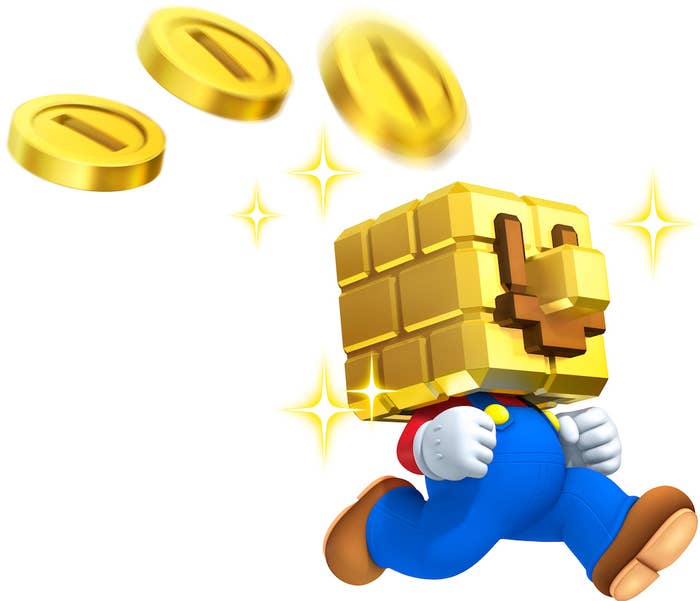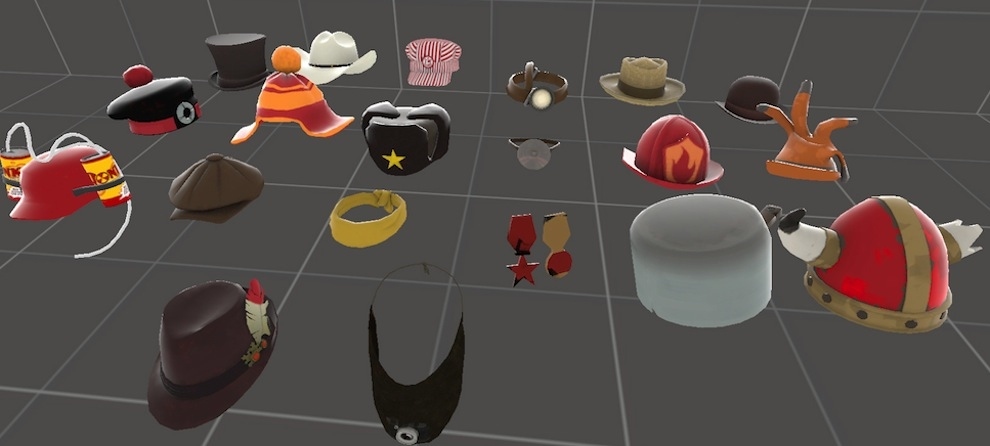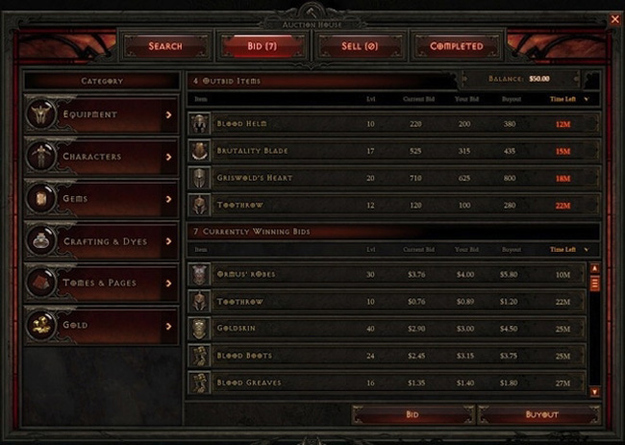
Credits, rupees, gil, rings, septim, caps, munny. There are a lot of names for it, but from at least the moment Mario pa-ching-ed his first gold coin, currency has been a feature of gaming. Developers have used game money as everything from a simple collectible toward a reward (say, 100 coins for an extra life in Super Mario Brothers) to a highly controlled function of a sophisticated economy (and that is the only way to describe the market of World of Warcraft). Money is as ubiquitous a feature of the medium as guns, or hit points, or miles per hour.
And it's always been balkanized. There has simply been no sustained relationship between different game currencies, and relationships between game money and real-world money have been discouraged, if not forbidden. You can't trade rupees for gil; you aren't really supposed to trade cash for gold.
Now, that may all be changing.
In a talk at last week's DICE summit, an annual conference held in Las Vegas for game industry executives, Gabe Newell, the gaming swami and managing director of Valve Software, pointed out that for all of the time and energy gamers spend in these mini-economies, they get no persistent reward: "You can buy a house, but when you move out, you get no money for it and we burn it down. If you have an economy and it's not connected and there is no trade, if we can't trade between DotA 2 and Skyrim, it's a global failure."
Implicit in Newell's claim is the fact that game goods (a vast category: everything from difficult-to-acquire items to in-game costumes created by users on Valve's Steam Workshop service to virtual items previously used by professional gamers to expertise rendered by such a player) have never been more tied to the real economy. Diablo 3 players have been using real cash to buy in-game items from an official auction house for the past seven months. Stories of Chinese Warcraft gold farms abound. And as Newell notes in his talk, there are users in the Steam Workshop making $500,000 a year selling special hats for the free shooter Team Fortress 2.

In other words, if a gamer spends 40, or 80, or a 1,000 hours of her time to do something in a game with real-world value, the value of that thing ought to be global. At DICE, Newell described the idea in the language of a massively multiplayer role-playing game: "All games are going to turn into instance dungeons of a central economy."
The implications of such a change are pretty astounding. No longer would any single game exist in a vacuum; every gaming experience would have to be considered in a global framework. Game designers could no longer design their economies in the context of their own proprietary fictions; they would have to take into account the values and pricing of other major games. Gamers would be consumers and producers, and the extent to which a gamer reaped the rewards of the gaming economy would have a lot to do with the extent to which people reap the rewards of the real-world economy — work ethic, skill, creativity, etc.
This raises an obvious question: Are we moving toward a global game currency? Wouldn't it be simpler, in a global game economy, if every multiplayer game used the same currency? And for that matter, wouldn't it be simpler if every multiplayer game used a currency that everyone already knows and understands, like, say, the dollar? Instead of 134 gold, a monster in a multiplayer RPG might drop .03 cents; you could wager five dollars on a player-versus-player fight; you could use a "steal" ability to rob another player of the 20 gold/dollars/bitcoins in his virtual wallet.

Naturally, the move to increasingly complex game economies introduces enormous questions of regulation and exchange, which is the very reason companies from Valve to Bungie have in the past year hired in-house economists. For a sense of just how knotty these questions are, the blog of Valve economist Yanis Varoufais is a good place to start.
Sure, putting real money on the table, rather than gold or rupees, might break the spell that leads many people to play games in the first place. But the IRL dollar is intruding into even the most richly wrought single-player narrative games. Some fans reacted with outrage when Visceral Games announced that their new game Dead Space 3 would feature so-called micro-transactions (which free-to-play games like FarmVille and Mafia Wars have been doing for years), or the option to purchase real-cash extra items in the game with real cash. To my surprise, when I started a game this weekend, a prompt announced that it was giving me some of these items without a charge. The reason: I had played Dead Space 2. My 10 hours of "work" in the first game were being "rewarded." (Truth be told, if I had my druthers, I'd take the money.)
As free-to-play games, cheap mobile games made by one or two people, and modifications to popular games continue their staggering proliferation, the way people make money from games is going to continue to evolve. The very concept of the gaming transaction ending with a bar code scan at Best Buy will soon seem antiquated. And if this means that gamers get to participate in an exchange which for decades only went one way, it's a good thing.
Of course, those gamers who truly dislike the intersection of real-world money and fantasy-world entertainment do have an option, one that has been available to skeptical and dissatisfied consumers for a very long time. Just don't buy it.

